'I will take any source of positivity I can get.'
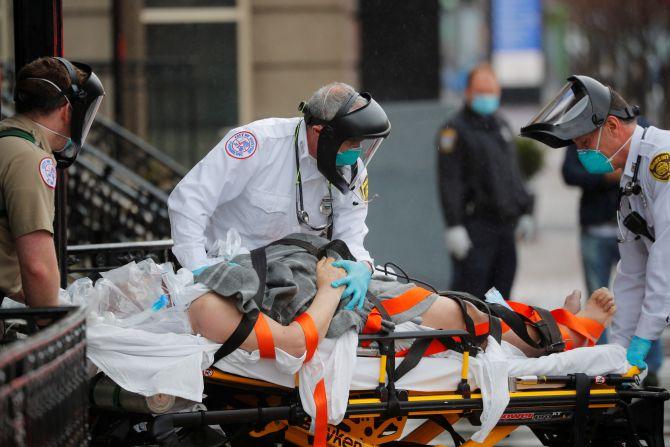
People of Indian Origin and NRIs describe the impact coronavirus is having on their lives.
Raya Kumar, Boston, Massachusetts
I have been quarantined in my Boston apartment with my five housemates since March 13.
I work as a clinical research coordinator in the gerontology department at a hospital in Boston.
We are currently in the throes of the virus.
The peak was expected to be around April 18, but cases are still peaking even now.
Every day we get e-mails from the hospital with an updated count of the total number of cases, and they never cease to astonish me.
The worst is Monday mornings, when I go through the e-mails I received over the weekend, and watch the cases climb by a matter of thousands. Friday night: 20,974, Saturday night: 22,860, Monday night: TBD (they skip Sundays thankfully).
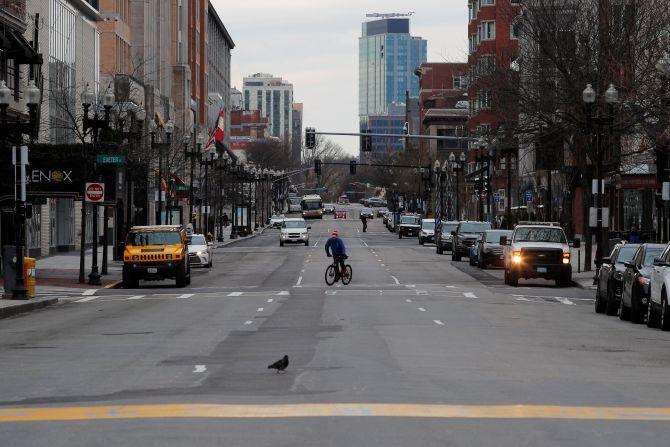
The psychiatrists and neurologists, we work with, have been getting reassigned to the various respiratory clinics (they call it deployment, quite militaristic).
As of the beginning of last week, even non-clinical staff are eligible for 'deployment'. I have been watching as, one by one, my coworkers are sent to the frontlines of the battle against this disease.
The best part of my day is when I pick up the phone and start calling our research participants. Since I work in a gerontology lab, our participants are particularly vulnerable to coronavirus.
We have been reaching out to each of our approximately 500 participants to ensure they have access to food and medication, know why their visit to our lab has been postponed, and more than anything, to have a nice conversation with them.
Speaking with these senior participants has been extremely uplifting.
Some are in senior communities and are being delivered hot meals every day after doing their virtual tai chi classes.
A handful of participants exclaimed that this is nothing compared to living through WWII.
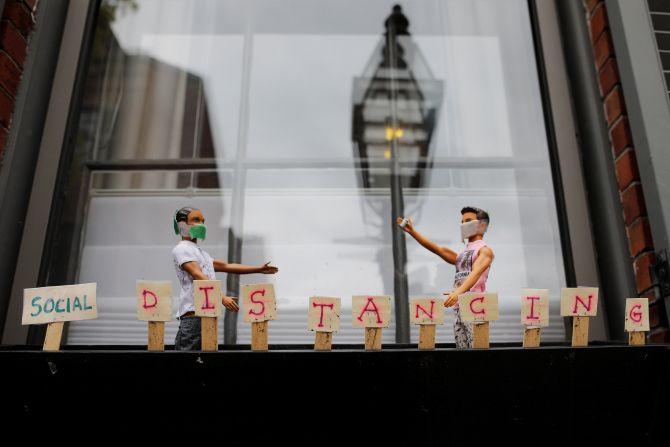
Many have taken to cooking to fill their time, as one participant regaled me with her hunt to find yeast to bake challah, the Jewish bread. She somehow ended up with a 2 lb bag of yeast from retailer Costco, to make one loaf!
Another passionately spoke of cooking an entire turkey for the first time.
Others are making an effort to remain connected with their communities by providing virtual music lessons to local children, knitting masks and quilts for the hospitals, and passing down stories of their childhood to their grandchildren.
While I am delighted to be able to speak with these contented participants and be warmed by their entertaining stories and light-hearted conversation, I know that they are not entirely representative.
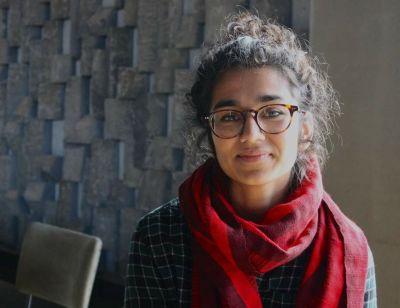
Some participants are lonely and struggling to cope with the loss of a spouse during a time in which loved ones cannot be physically close.
Moreover, I am only speaking with a self-selection of (largely well-educated white) people who signed up for research and are still cognitively able to participate.
For those who are less fortunate or already struggling with existing health conditions, I am sure the situation is much grimmer.
Still, I will take any source of positivity I can get.
Speaking with the senior community in the New England area has been my daily medicine during these dreary times.
Part 1 in the series: 'Our world is coming to a complete standstill'
Part 2 in the series: 'Indian Americans collected 6 months of groceries'
Part 3 in the series: 'Coronavirus: 'These are strange times'
Part 4 in the series: 'This virus has taken over the world'
Part 5 in the series: 'The virus has always felt at arm's length from me'
Part 6 in the series: 'We are now the eye of the storm'
Part 7 in the series: 'As a healthcare worker I feel the continuous gratitude of people'
Part 8 in the series:'Normal may never comeback'
Part 9 in the series:'A new reality is forcing its way into our lives'
Part 10: 'Life, as I have known it for 16 years here, has changed'
Part 11: 'We pray for the return to normalcy with high fives and hugs'
Part 12: 'We can't even take a U-turn'
Part 13: 'Only positivity can keep us going'

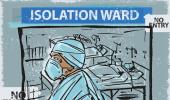









 © 2025
© 2025